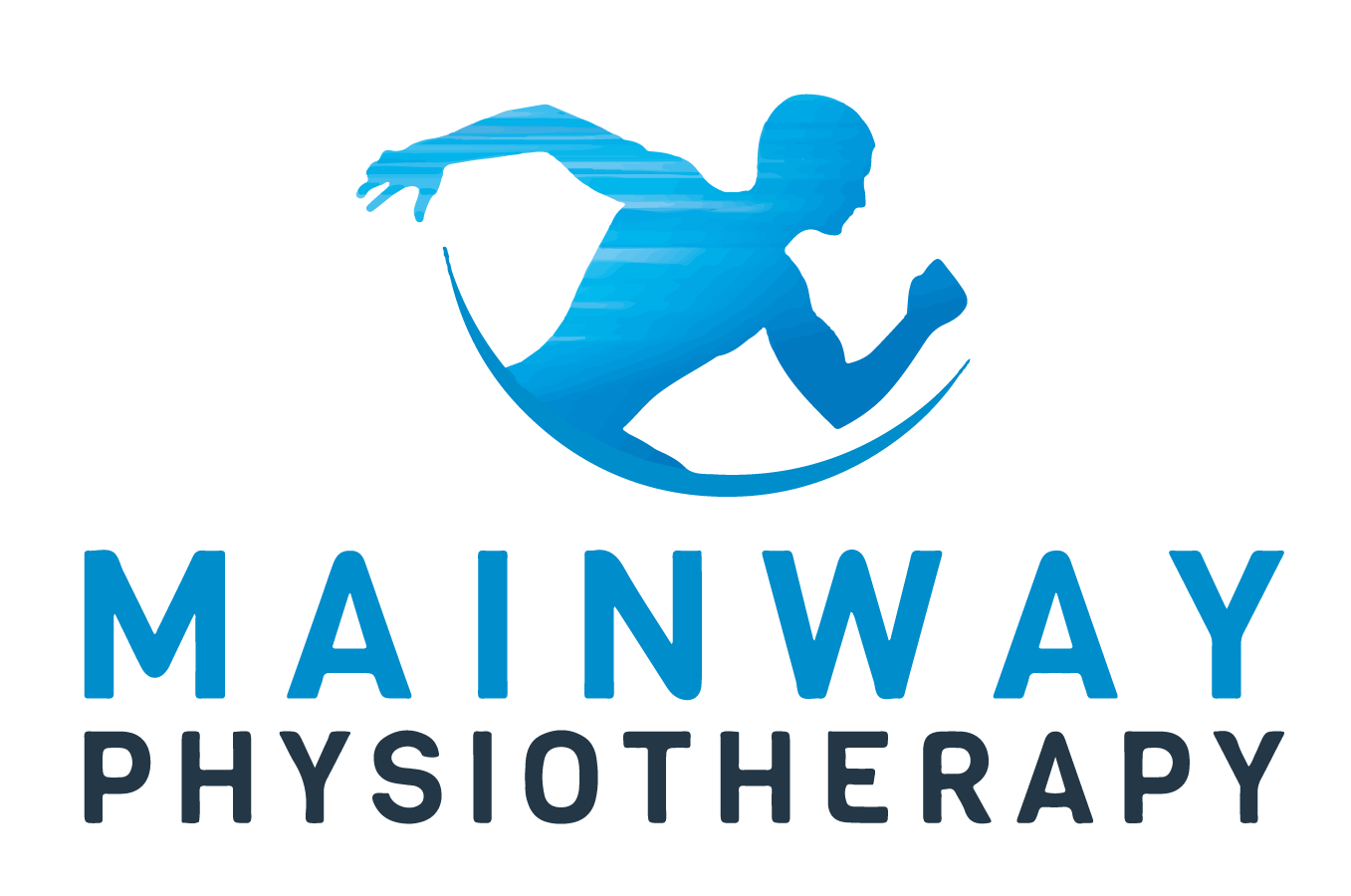Your Guide to Finding Relief: Top 5 Ailments Physiotherapy Can Help
The global rise in stress, sedentary lifestyles, prolonged screen time, and the prevalence of various ailments are significantly impacting people's health and well-being. Physiotherapy offers effective solutions to prevent and treat a wide range of conditions, promoting healing and overall wellness. Through physical techniques, exercises, and education, this non-invasive treatment can help improve movement, reduce pain, restore function, and prevent future injuries.
With increasing awareness of physical and mental well-being, people are recognizing the benefits of physiotherapy in improving overall health. Research indicates that the global physiotherapy equipment market is projected to grow at a compound annual rate of approximately 7% (2023 to 2030).
Physiotherapy can help with many physical aches, pains, and injuries. Below are the top five ailments that physiotherapy is proving effective in providing patients with renewed hope for a healthier and happier life.
1. Back Pain
Back pain is one of the most common and disabling health problems in modern society. It is on the rise due to factors like poor posture, prolonged sitting, and a lack of physical activity.
Physiotherapists help with back pain by providing pain relief, strengthening muscles, improving flexibility, correcting posture, educating patients on proper body mechanics, and aiding in rehabilitation after injury or surgery.
Physiotherapists often use techniques like manual therapy, core strengthening, stretching, heat or ice therapy, McKenzie exercises, TENS, lumbar traction, pelvic tilts, pelvic floor strengthening, and postural training. These exercises and therapies effectively alleviate pain and improve function.
2. Arthritis
Arthritis is a medical condition that involves inflammation and stiffness in one or more joints. It is characterised by pain, swelling, and limited range of motion in the affected areas. This joint condition can affect people of all ages and can have a significant impact on their daily activities and quality of life.
Physiotherapy helps with arthritis through exercises for joint strength and flexibility, which reduces inflammation. The specific physiotherapy techniques and exercises include joint mobilization, strengthening, stretching, balance training, and modalities like heat and ice, tailored for individual needs to improve function and well-being. They also teach joint protection techniques, and functional training, for patients to self-manage arthritis at home.
3. Sports Injuries
Due to higher participation rates, intense competition, inadequate preparation, and overuse, sports-related injuries are increasing. Common sports-related injuries include sprains, strains, and muscle injuries, as well as joint and ligament problems. Thankfully, physiotherapy helps athletes in recovering and getting ready for their next game.
Physiotherapists evaluate injuries and create customised treatment plans, specific to the needs of the player. They use techniques like joint mobilization, muscle-strengthening exercises, and proprioceptive training to aid athletes' recovery. This comprehensive approach helps them regain pre-injury abilities and reduces the risk of future injuries while aiding in rehabilitation and functional recovery.
4. Neurological Disorders
A Neurological disorder is a serious condition that impacts the brain, spinal cord, or nerves, causing diverse symptoms like movement difficulties, sensory issues, cognitive impairments, and behavioural changes. Common disorders include concussions, Alzheimer's, ALS, epilepsy, Parkinson's, MS, and stroke.
Physiotherapy is crucial in managing neurological disorders, promoting independence, and improving a patients' quality of life. Therapists use specialized exercises like balance exercises, coordination exercises, functional movements, range of motion exercises, and breathing and swallowing exercises. Physiotherapy promotes neuroplasticity by using repetitive exercises, aiding recovery, and enhancing the quality of life for people with neurological disorders.
5. Respiratory Issues
Respiratory issues are health problems affecting the lungs and airways, ranging from mild conditions like colds to severe ones like asthma, COPD, and pneumonia. Coughing, wheezing, chest tightness, and shortness of breath are common symptoms.
Physiotherapists aid patients with respiratory issues through deep breathing exercises and inspiratory muscle training. These exercises help clear mucus and secretions from the airways, allowing for better oxygen exchange and reduced breathlessness. By promoting proper breathing patterns and lung expansion, physiotherapy enhances overall respiratory function, enabling a more active and fulfilling life,
The significance of physiotherapy in addressing various health issues is undeniable, and its demand will only grow in the future. Finding skilled therapists is crucial, and Mainway Physiotherapy is here to help.
With an experienced team of registered physiotherapists and registered massage therapists, Mainway Physiotherapy is well-equipped to effectively treat a range of injuries and chronic pain conditions, ensuring better health and well-being for individuals. There’s no need to wait for a healthier, more active, and pain-free life, embrace the benefits of physiotherapy and begin your journey to finding relief and wellness for your body.



